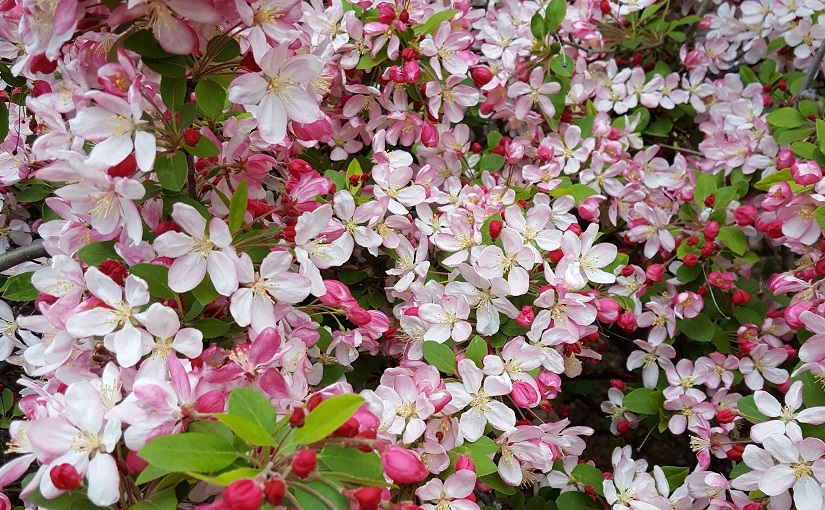At some point, society almost inevitably gets to us – a point where we’re asked to do or not do something for the sake of others. This sense of consideration, compromise, constraint or contribution that essentially gets in the way of personal freedom. All the moments we want to act but need to decide against it out of communal obligation.
There are so many ways we’re asked to hold ourselves back out of consideration for the fact we exist within society: law, taxation, driving, how we behave in shared spaces. Rather than simply pursuing our own interests, we’re supposed to think of this wider social space and how all our conflicting interests need to somehow coexist there (Notes One).
It’s presumably the very foundation of human society? The sense of how to integrate individuals into social structures, the kinds of attitudes and behaviour patterns best suited to successful outcomes, and how we might best go about instilling those in people.
Society’s success surely rests on education? On understanding how things work and what’s required of us; initially, as children, then in an ongoing way as adults. On appreciating how values such as honesty, responsibility and altruism fundamentally underpin social realities. On seeing how individual choices and actions accumulate in constructive or destructive ways.
If we’re to be in a position to make all the decisions asked of us – be they interpersonal, financial, commercial or democratic – we must need to understand how things fit and what those choices ultimately mean? To make the best decisions for ourselves plus the broader realities we’re all now undeniably a part of, we need the ability to call up that “bigger picture” in our minds and let it shape our actions (Notes Two).
As individuals, we surely need quite a high level of social awareness? To see how we all fit, the roles we’re all playing, how others are served by our contributions and we, in turn, are served by the collective efforts of others. This sense for what a shared social system “is” and all that our detached, sometimes hidden, actions “mean” when they eventually converge to become “how things are”.
Because it’s fascinating to think how these things come together; all the habits, patterns and trends in our behaviour that effectively “become” our shared reality. It’s all these lines where the self meets community and something’s, often silently, asked of us: How are we going to act? Where are we going to draw the line of our personal and collective responsibility? Is that line to be local, national or more simply “human”? (Notes Three)
While modern humanity might be quite beautifully independent in many ways, society surely does both benefit us and need something from us all in return: that we fill it with our understanding and, based on that, limit our actions accordingly. Western society in particular – with its freedoms and marketplaces – very much seems to ask that we extend ourselves far enough to fully comprehend the implications of all we’re now offered.
Notes and References:
Note 1: Invisible ties
Note 1: Reading into social realities?
Note 1: Shared spaces & how things get done
Note 2: The sense of having a worldview
Note 2: Meaning within it all
Note 2: Right to look out for ourselves?
Note 2: Questions around choice
Note 3: The idea of think globally, act locally
Note 3: “Minding the Earth, Mending the World”
Note 3: The value of a questioning attitude?
Note 3: One thing leads to another
Ideas around the immense personal responsibility of freedom were also one focus of “Brave New World Revisited”.










